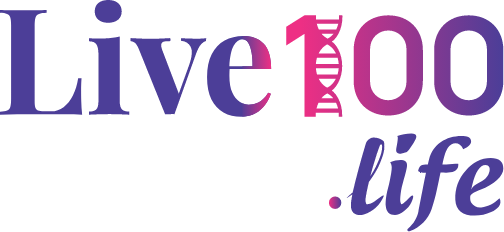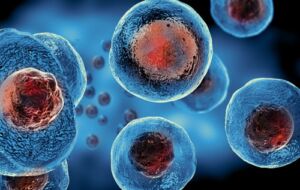Ideally, human cells contain 23 pairs of chromosomes, i.e. 46 chromosomes in total. A change in the number of chromosomes can arise certain issues with growth, development, and health of an individual. These changes can occur during the formation of reproductive cells (eggs and sperm), at different stages of foetal development, or in any cell after birth.
A gain or loss in the number of chromosomes from the normal 46 is called aneuploidy. Common deviation of aneuploidy is trisomy, which the presence of an extra chromosome in the cells. This situation can result in a condition called Down syndrome. People with this condition have 47 chromosomes in total.
Another deviation is called monosomy – absence of one chromosome in cells. Monosomy can result in Turner syndrome. People with this condition have 45 chromosomes per cell in total




